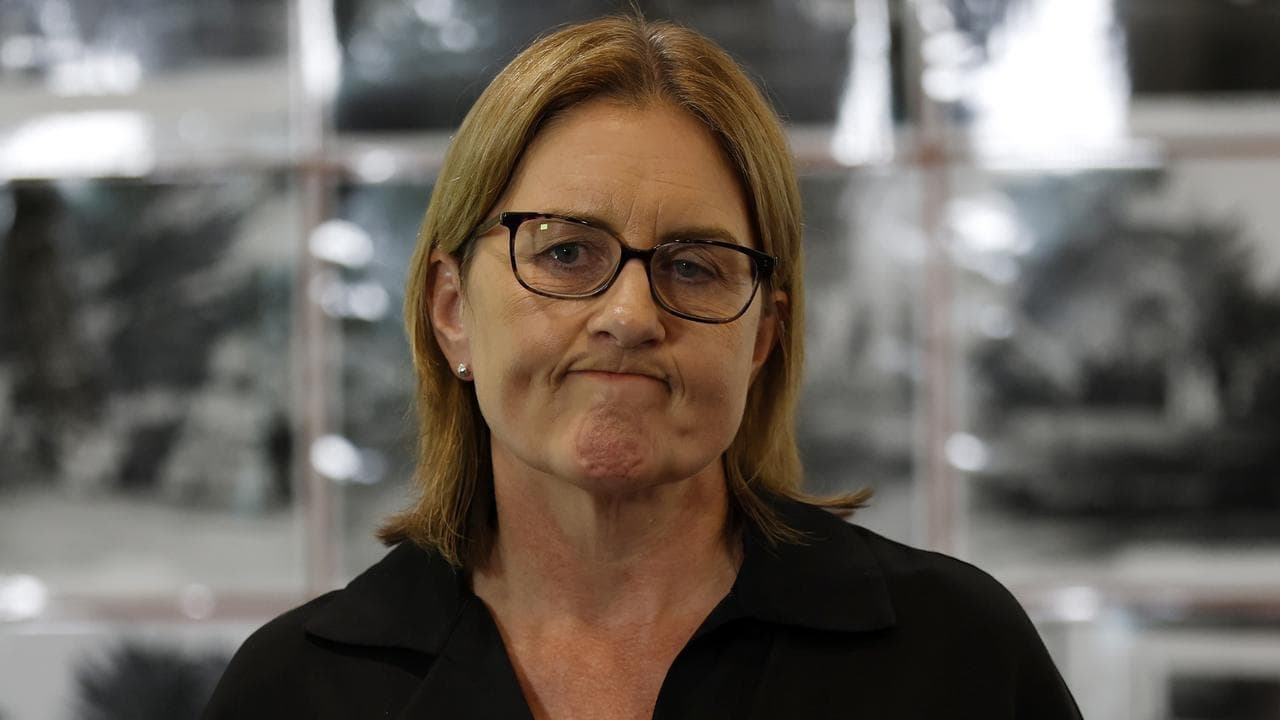WHAT WAS CLAIMED
A study found carcinogenic HIV sequences in Moderna's COVID-19 vaccine.
OUR VERDICT
False. The study did not find carcinogenic HIV sequences in the vaccine.
AAP FACTCHECK - Researchers have not discovered "carcinogenic" HIV sequences in Moderna's COVID-19 vaccine, despite claims on social media.
The false claim is based on an X user's analysis of data from a published study. However, one of the study's co-authors says the claim is wrong, and the X user has also subsequently admitted to making mistakes.
But this hasn't stopped the claim being spread in an article by The People's Voice, a website frequently debunked by AAP FactCheck.
"Bombshell Study Finds Carcinogenic HIV Sequences in Covid Vaccines," the headline reads.
The article points to an X thread posted by the user, claiming he analysed an April 2025 Polish study and discovered Moderna's COVID vaccine contains "dangerous elements that could pose severe health risks".
This supposedly included "a gene from Moderna's experimental HIV vaccine" called gp145.
Moderna is developing and testing two vaccines targeting HIV, a virus that attacks the immune system.

Co-author of the Polish study, Pawel Krawczyk, an RNA biology expert at Poland's International Institute of Molecular and Cell Biology, challenged the user on X, and the user subsequently indicated he had made a mistake.
The X user later admitted the online exchange revealed "the sausage of science", a process that could "leave 'egg on your face' on occasion".
"I make mistakes and learn from all of them. Hiding them from the public is a dishonest disservice," he added.
Dr Krawczyk told AAP FactCheck the study looked into how to improve the efficacy of mRNA vaccines and that genetic sequencing data was released as part of the paper.
"[The X user] analysed himself the sequencing data … and concluded the Moderna vaccine contained sequences encoding gp145," Dr Krawczyk said.
He explained that gp145 is a protein derived from HIV that's being looked at for use as an antigen to trigger an immune response in the body.
However, he said this is not what appeared in the coding sequences.

"What he was actually looking at was part of the vaccine's 3'UTR," he said.
Dr Krawczyk explained that UTRs, or untranslated regions, are a generic part of any messenger RNA which help regulate how the message works.
He said most of Moderna's vaccines likely share the UTRs but differ in which antigen they use.
"[The X user] is wrong - and has since conceded he is wrong," Dr Krawczyk said.
Although the COVID vaccine does not contain gp145, Dr Krawczyk said it was wrong to suggest it could in any way lead to HIV, regardless.
"It is great as an antigen to induce immunity after vaccination; however it does not lead to HIV," he said.
"The same way the spike protein encoded in COVID-19 vaccine does not lead to COVID."
Dr Yunda Huang, who has researched the use of gp145 in vaccines, told AAP FactCheck that there is no evidence that the protein is carcinogenic, as claimed in the article.
A Moderna spokesperson also said there is no evidence of it being carcinogenic and pointed to studies reporting its favourable safety profile.
The spokesperson also confirmed that Moderna's COVID vaccine does not contain the gp145 protein.
AAP FactCheck is an accredited member of the International Fact-Checking Network. To keep up with our latest fact checks, follow us on Facebook, Instagram, Threads, X, BlueSky, TikTok and YouTube.












